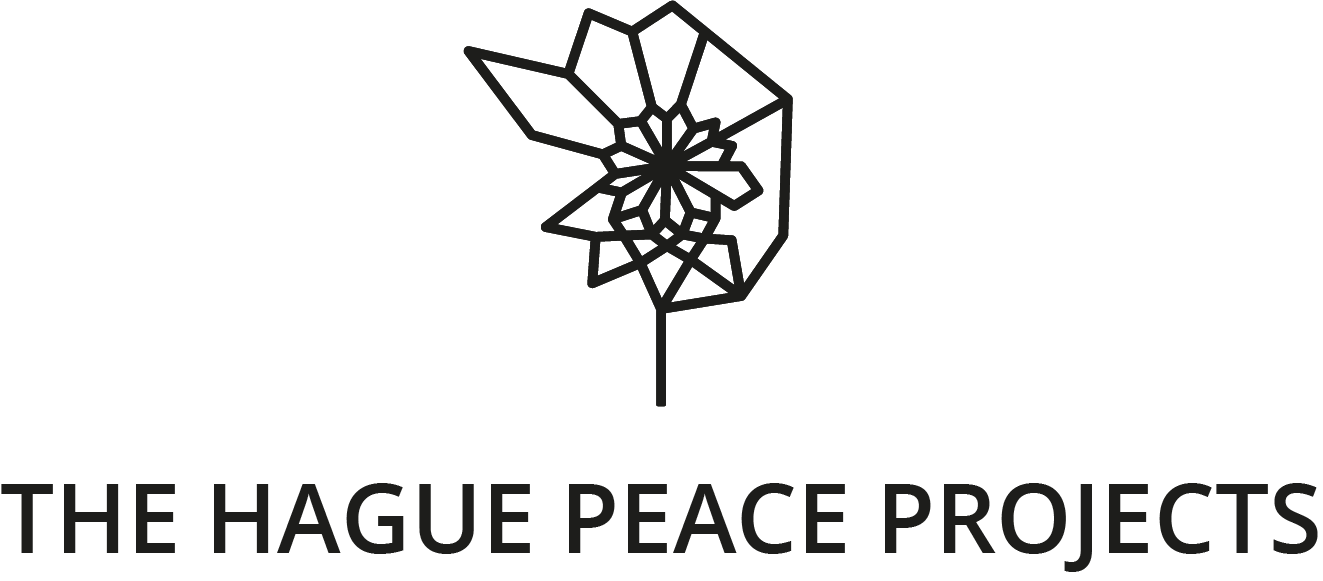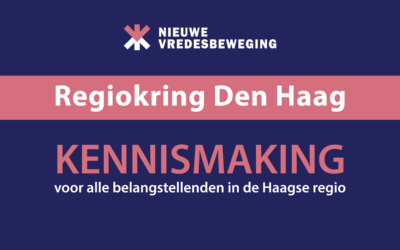Man & Nature
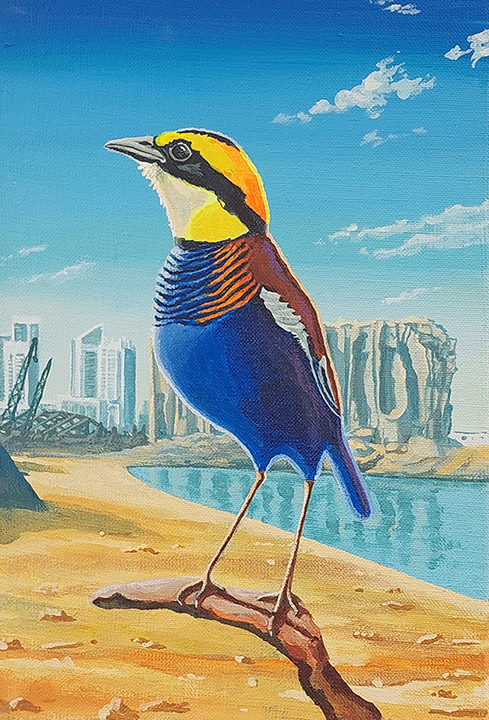
While Nature watched through the window, participants gathered at The Hague Peace Projects to facilitate her long overdue therapy session with Man. The evening welcomed a discussion about the environment with our three guest speakers and an art exhibition featuring the work of Jakob de Jonge and Steen Bentall.
Little did we realise that this would be one of the most meaningful and necessary discussions anyone could ever have.
SDB

green is coming
Man and Nature: two categories framed in opposition to one another. Though this may feel quite normal, it is a false dichotomy. With the gap between these two constructs deeply embedded in our culture and vocabulary, you would be forgiven for not giving it a second thought. Today was all about that second thought… and the thoughts that followed.
The event was moderated by Benjamin den Butter, a lawyer, elected member of the water authorities for Delftland, and member of the Partij vd Dieren (Animal party). Benjamin introduced the proceedings with a question posed by his daughter prior to the event. “Why is it Man and Nature, and not Humans and Nature instead?” she had asked. “I’m not sure I feel addressed here as I am not a man”.
A fair point, but in this case the use of the word Man was quite deliberate.
SDB
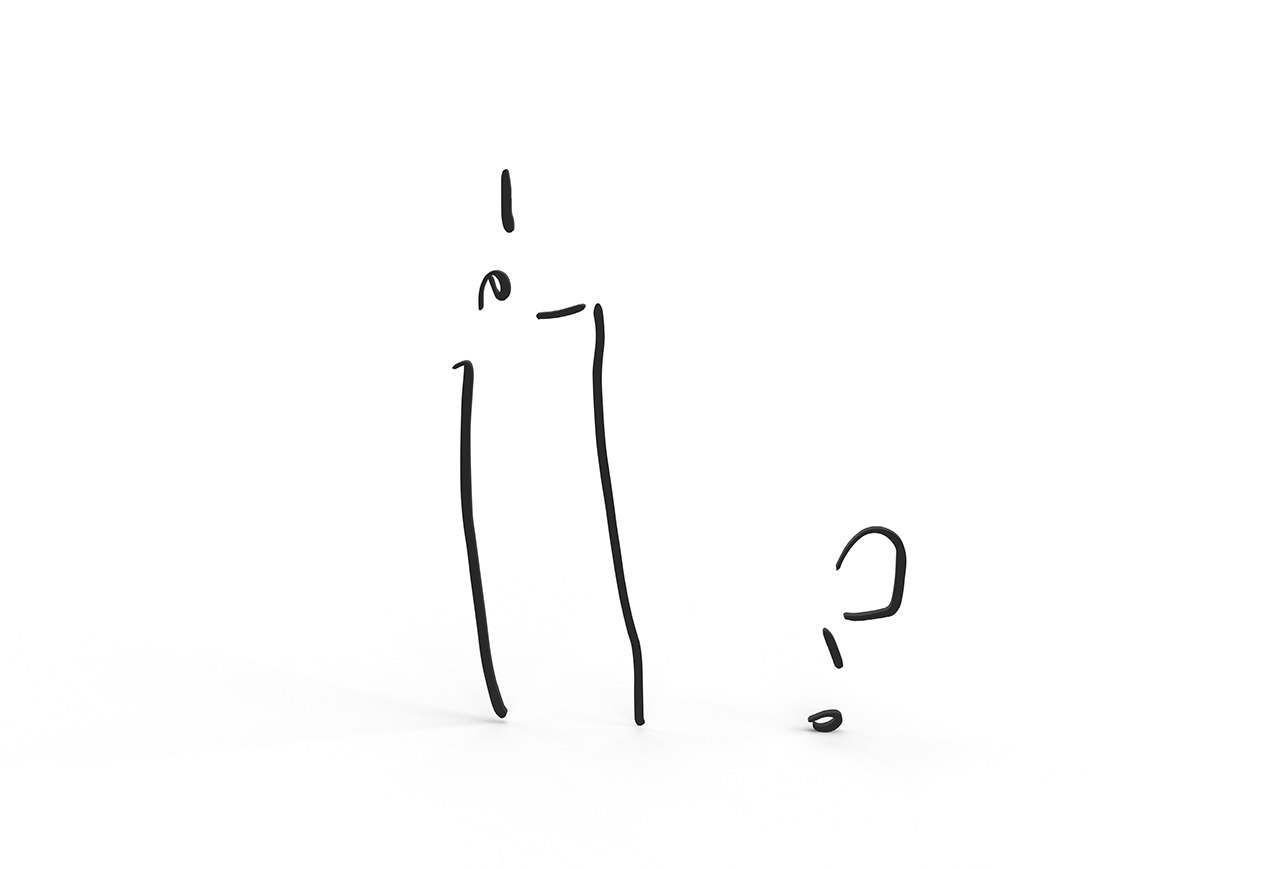
hello excuse me i have a question
Mainstream attempts to achieve environmental sustainability have been classified into three main approaches. Known as the technological, cognitive, and behaviourist approach, each has proven to be acutely unsuccessful. “While each of these groups contain variations, each is rooted in a particular way of viewing the relationship between humans (“Modern Man”) and nature” (1).
These approaches all function to reproduce modern mainstream culture. An alternative is the ‘cultural approach’ which recognizes a diversity of cultures and assumes modern capitalist culture as the root cause of environmental unsustainability.
“The cultural approach argues that although human behaviour can be rooted in human tendency for self-preservation, culture mediates these two … The cultural approach then asserts that modern mainstream culture is one major obstacle to achieving sustainability and therefore shifting the culture is essential to changing behaviour among the public for greater sustainability” (1).
As our guest speakers would establish throughout the evening, most cultures to have graced our history have built sustainable relationships with their environment. Societies that once hinged on sustainable reciprocity have now nearly all been conquered, lost to the realm of fading memories and forgotten stories. They live on in people blocking the highways, in the rebellious spirit of the young, in the exhausted environmental scientist who just can’t seem to get anyone to listen.
Those sustainable practices that do remain are embedded in a plethora of indigenous cultures that struggle to survive, their philosophies categorised as unprofitable in an economy that attributes no added value to Nature other than its exploitation.
JdJ
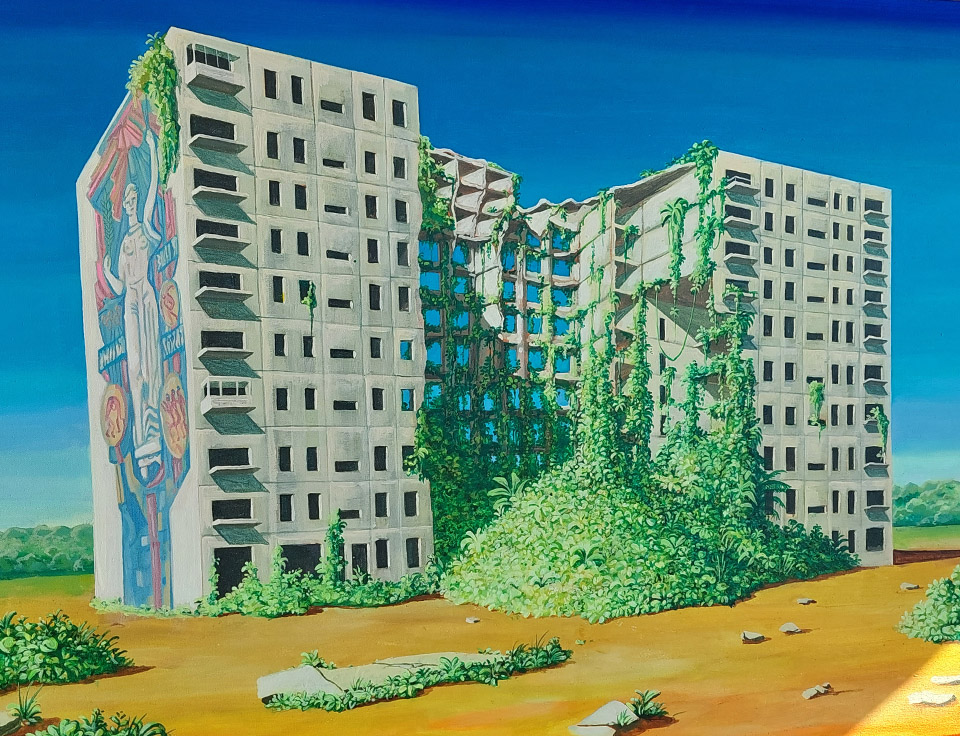
Our first speaker was Chihiro Geuzebroek, a multidisciplinary artist, writer, organizer, and trainer in decolonial climate justice perspectives and practices. Half Bolivian and half Dutch, Chihiro joined us live from Bolivia where she fights to protect local cultures and their habitat. As a Quechua grandchild born and raised in Amsterdam, she strives to preserve and learn from the invaluable indigenous knowledge that has accumulated over the past millennia, and thus help nourish a learning journey towards a sustainable culture shift.
A wealth of information has been passed down from generation to generation, information containing everything we need to know about living off and with the local surroundings. And more importantly, how to do this sustainably, by respecting the environment and maintaining it for the next generation.
Unfortunately, our knowledge and recognition of cultures such as the Quechua indigenous peoples of Bolivia, remains severely lacking. With as many as 5000 surviving indigenous cultures in the world, you would probably be hard-pushed to name just a handful. And while they account for 6% of the world population and protect 80% of our remaining bio-diversity, they still enjoy no sovereignty whatsoever.
SDB
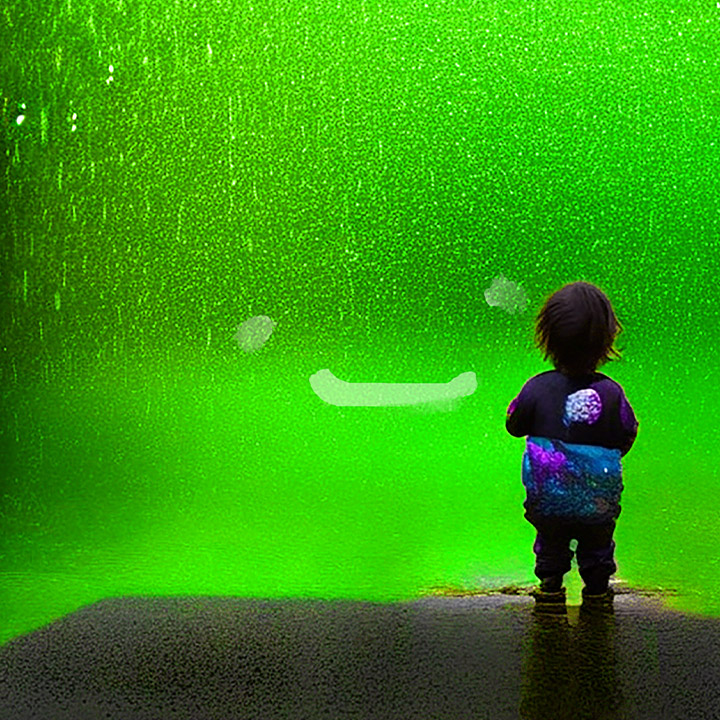
More important than the promise of new scientific knowledge are the native cultural attitudes that challenge our own Western laws and practices. Representing a complete paradigm shift in our interpretation of ‘Man and Nature’, they can be hard to imagine.
With no specific word for ‘nature’, these indigenous cultures are based on an appreciation of the symbiotic relationship between humans and their environment, each containing their own laws and practices of respect and reciprocity. From this perspective, there is no need for a word for ‘nature’; not only do the indigenous peoples of Bolivia feel no need to juxtapose this supposed ‘nature’ with themselves as ‘man’, they also understand one very simple, yet very important thing: we are a part of nature, not apart from it.
Without knowledge of these cultures, you may be inclined to think that a healthy symbiosis such as the one they have achieved is not possible, or even unnatural, if you go by the laws of economics that govern our reality today. What we legally term as trade, profit, or development, is short-sighted crazy behaviour from a standpoint of respect for the intricate relationships between all things, and the reciprocity between them.
With an arsenal of examples, Chihiro impressed upon us the importance of humankind’s cultural heritage and the fact that we cannot afford to forget it. Time is running out for our ecosystems and indigenous cultures. And ironically, due to the interconnectedness of all things (the dismissal of which seems to have lead us to this point), we are now all feeling the global repercussions of a culture of blasé contempt and economic servitude.
That it takes the realisation of these global implications to appeal to the importance of human and environmental rights is disconcerting to say the least. And while we slow motion realise that time is running out for all players in the game, it is precisely the indigenous communities, the poor, the third world countries, that are suffering.
Mainstream attitudes towards entitlement, hierarchy, and growth are stubborn. Their obsession with the spoils of Man manifests itself in ever-expanding consumerism, privatisation, and corporatisation of all global resources, including citizens.
Chihiro’s battle deserves great admiration and the full support of us all. It will require a mammoth effort to convince a long history of war and conquest to slow down, let alone reverse this trend. But we have to try.
SDB
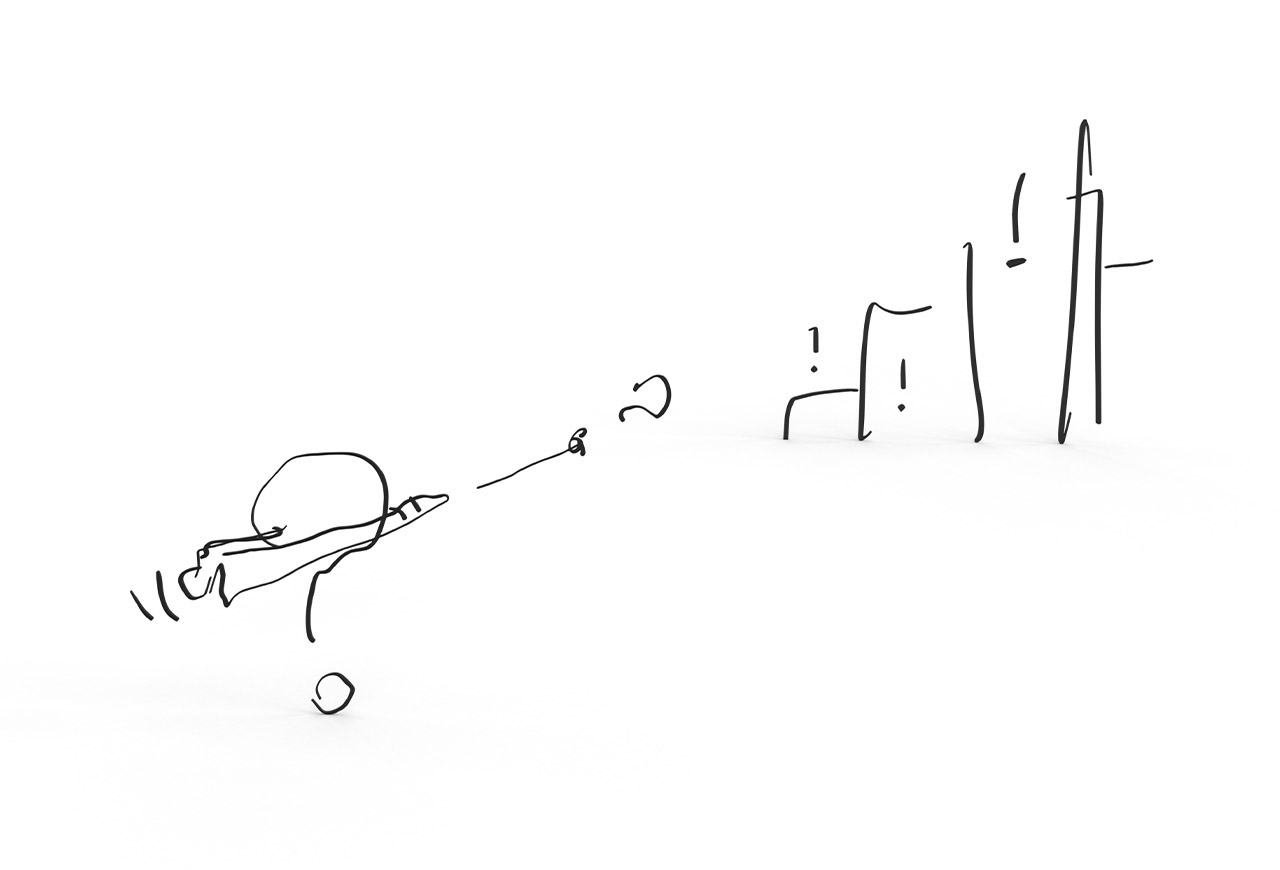
pew
This perspective on ‘Man and Nature’ was further embellished by the second speaker of the evening: Jan van de Venis – lawyer and founder of JustLaw, ombudsperson for Future Generations, and a rights of nature expert. Jan believes that mankind cannot own Nature, and that Nature in fact owns itself.
In severing the relationship between Man and Nature, the implications of nature’s exploitation have become structurally underrepresented in modern ‘Man-made’ society. As such, Jan claims it stands to reason that entities such as trees and rivers that make up ecosystems, receive some (legal) representation in decisions about their future – and thus the future of everything and everyone intrinsically linked to them.
Jan elaborated with an example of a vibrant ecosystem that has recently acquired the right to represent itself. The Wadden Sea in The Netherlands is a UNESCO World Heritage site and a dynamic ecosystem that is under threat due to pollution and gas extraction. By making the Wadden Sea its own legal entity, Dutch law has enabled it to own itself. As a result, the Wadden Sea enjoys legal representation and the governance to protect itself.
Thanks to lawyers like Jan, we are starting to challenge the traditional representation of parties in legal disputes about Nature. This means considering the consequences of its exploitation, and in doing so, slowly bridging the artificial divide between the Western constructs of Man versus Nature.
SDB

syn
It may require a mental jump to consider giving rights to Nature. Yet, the more you understand the perspectives of different cultures, the more likely you are to appreciate our critical connection and interdependence with the world around us, and challenge the dichotomy of life and nature being different things.
There is a clear and immediate need to cherish and learn from the rich diversity of human cultures that have evolved to build sustainable relationships with their surroundings. We have a richness of stories, answers, and philosophies that provide real solutions to live off and maintain countless ecosystems. In essence, indigenous cultures are a human treasure trove of our hardest earned knowledge: intelligence on how to achieve a healthy planet for present and future generations of all life.
By now it had been well-established that indigenous peoples form a vital source of inspiration for a sustainable culture. Our third speaker Sophie Kwizera consolidated on all the points made so far and went on to explain some of the consequences of Western mainstream attitudes towards Man and Nature. Specialising in human rights, nature, and feminism, Sophie works for ActionAid and is responsible for investigating the real-life impacts of mineral supply chains. She explained the devastating impacts of mining, which among other things can include water acidification, soil erosion, and the degradation of local ecosystems and communities.
With an entitlement that goes without saying, it is business as usual as companies continue to gouge out ecosystems, but this time in the name of windmills and solar panels, and the destructive mining that these ‘green solutions’ demand. And while the alarming consequences of this hunt for metals and minerals remain comfortably distant for many, the effects are already catastrophic for not-in-my-backyard-millions and encroach on us all in a pending global climate disaster for our children.
SDB
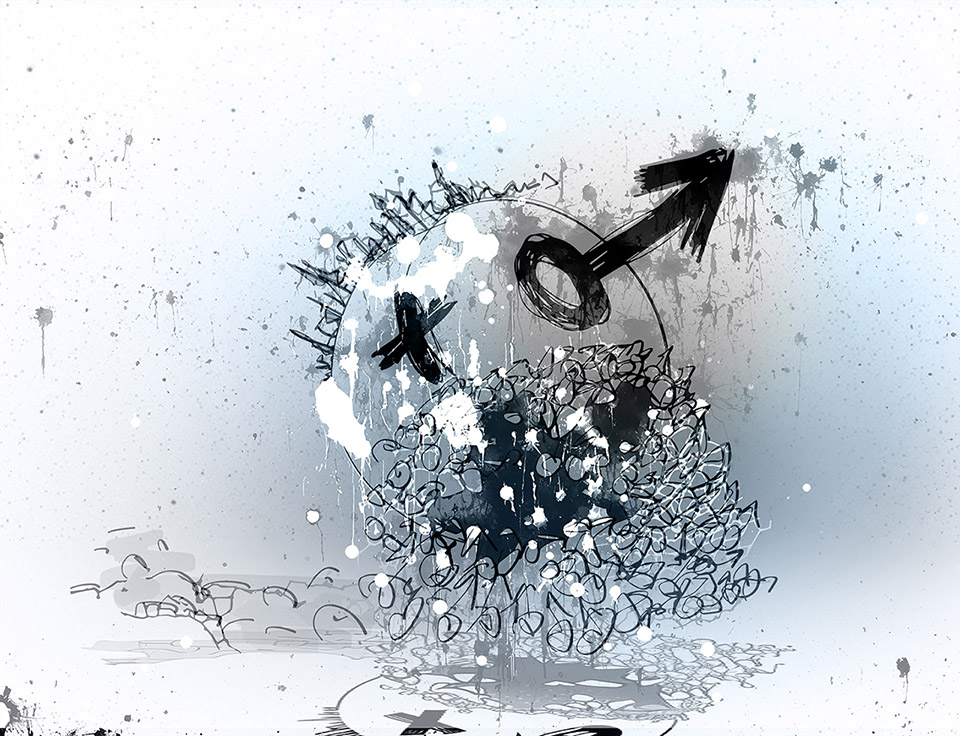
At this stage, we were trying to digest the big picture painted by our three speakers. It was a picture of a dominant, Western capitalist culture that excels in exploitation and is unsustainable by design. An informed glimpse at the unfinished artwork of capitalism that aspires to end life on Earth upon its completion.
The thoughts above were complex. How to stay within the realm of what is both achievable and desirable, and how to discern real solutions from band-aid politics that just pass the problem on to future-me? Unfortunately, the search for solutions to the energy crisis are still guided by underlying colonial strategies of exploitation and profit-fetishisation. As it stands, the global economy continues to demand increasingly higher energy requirements to satisfy its insatiable need for growth.
Those who believe that striving to meet an ever-increasing energy order with ‘green’ alternatives will lead to a sustainable relationship between planet and humans, are sorely mistaken. ‘Our’ insistence on growth and the accompanying entitled attitudes of exploitation are simply unsustainable.
It is time to address the laws and practices that provide little resistance to the exploitation drive of the free market economy. It is time to change our attitudes and stop buying into the justifications of an entitled patriarchy.
As Meireis and Rippl say in their book ‘Cultural Sustainability’: “If the political and social benchmarks of sustainability and sustainable development are to be met, ignoring the role of the humanities and social, cultural and ethical values is highly problematic. People’s worldviews, beliefs and principles have an immediate impact on how they act and should be studied as cultural dimensions of sustainability” (2).
SDB
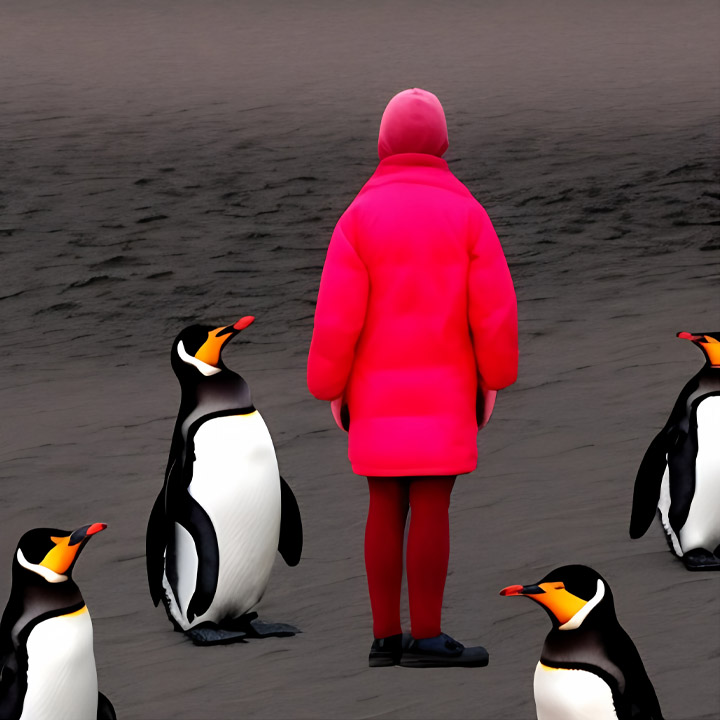
wtf are you doing here
The way forward? (Now what?)
Creating attitude and system change is clearly no small task, but there is every reason to do so. Present and future generations deserve an honest look at their inherited societal constructs. At what they mean, how they derived their meaning, and where they should take us now.
It is a complex quest to unravel the cultural traits that perpetuate entitlement. Even more so to challenge a colonial culture as the inevitable successor to everything. But it is this arena of cultural reflection in which we find our generations fighting for different worldviews. The battle between young and old, between respect and entitlement, has reached a pinnacle upon which our future now hinges.
According to a recent survey, 90% of the Dutch population believe that humans are responsible for climate change, and 72% believe that humanity must take action to address it. It has become a question of empowering the agency of a civil society that is demanding change.
Given such figures you would expect a democracy to be able to facilitate this process of change. Instead, it remains trapped in self-serving narratives, seemingly destined to play catch-up forever. And so it is possible, that at a time when there can be no doubt as to the severity of the climate challenge ahead of us, the Dutch government continues to subsidise the fossil fuel industry to the tune of more than 48 million euros every day.
SDB
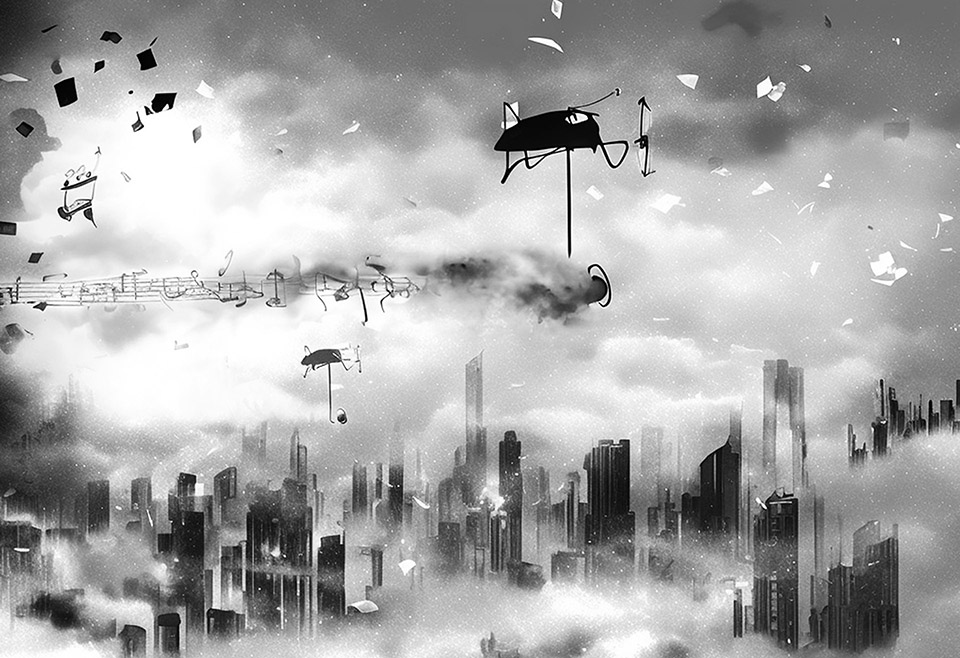
The test ahead is to challenge the entitlement and hierarchy rooted in our way of thinking. More importantly, we must challenge the insidious capitalism that commands our lives. However, entitlement is headstrong by its very nature, and it does not go well with self-reflection. Its immediate reflex is to refute information that undermines its own beliefs. In this sense, we find ourselves amid a cultural, generational, and (mis)information conflict, handicapped by an entrenched resistance to change.
Appealing to engrained notions of superiority, our old cultural guard emotionalises inconvenient truths and clings on to wealth with the power of an oligarchy. We must address the mainstream framing that keeps this stubborn privilege out of reach of the democracies it holds ransom, if we are to achieve a sustainable future of any kind. A durable culture shift, in both the lasting and the sustainable sense, must arise from an informed civil society that seeks to democratically decide its own future. To give form to humanity rather than subverting it to serve a marketplace.
SDB
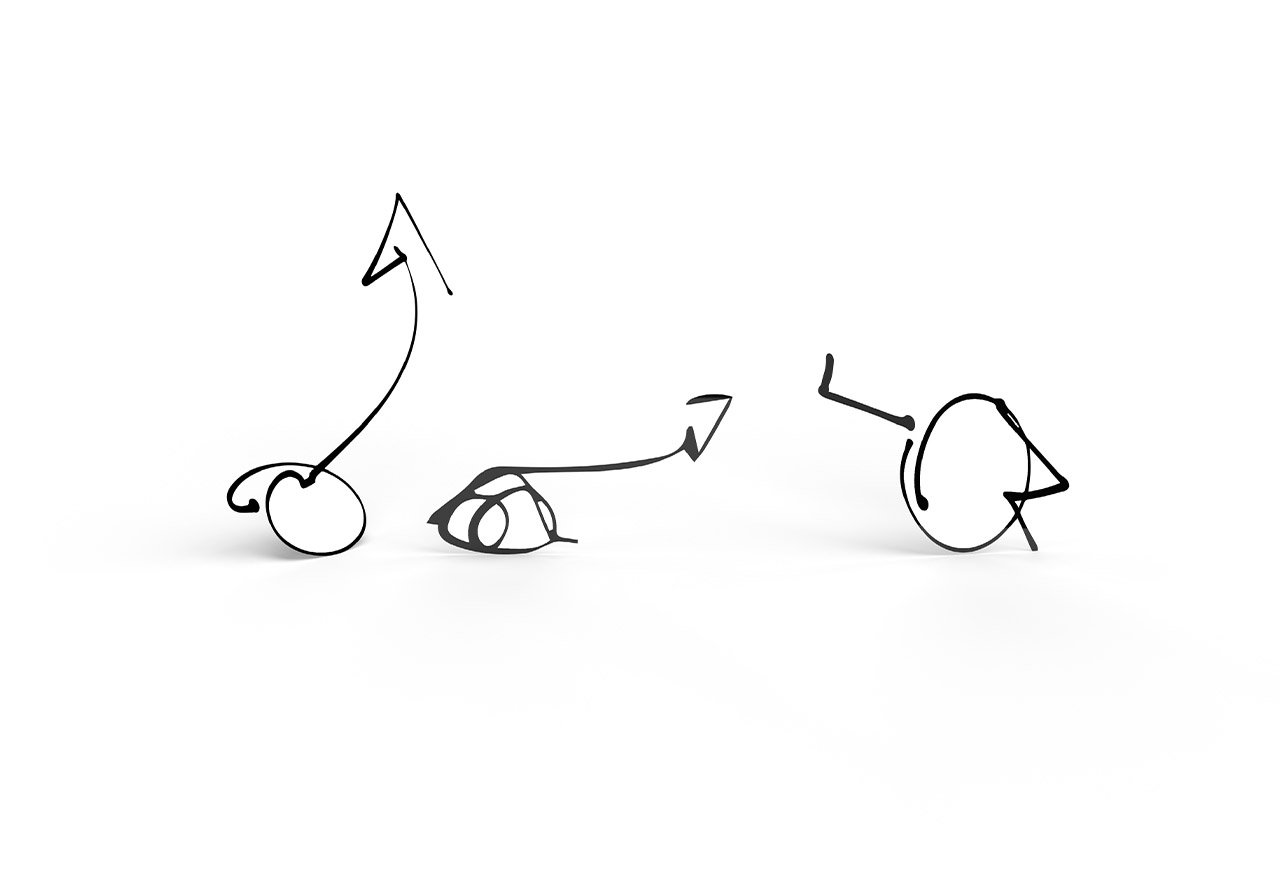
go another way
Our hope lies in the ideals of democracy and the power of humanity in civil society, best served with all the knowledge and facts that we have. With over 5000 stories out there waiting to be told, you might consider starting by sharing this one.
Without a significant culture shift from entitlement to respectful reciprocity, we will–among many other undesirable things–rush headfirst into the next climate disaster.
The quality of our solutions depends on how well we are able to talk about this together. It depends on how well we can facilitate multiple perspectives, grounded in knowledge and respect, and how this can enable us to better understand our motivations and the stories behind our assertions.
Little did we realise that this would be one of the most meaningful and necessary discussions everyone should have.
It is time to talk and to listen.
It is time to challenge our entitlement.
It is time to give back.
It is time to change.
by Steen Bentall
References
1.
Komatsu, H., Silova, I. and Rappleye, J. (2023), “Education and environmental sustainability: culture matters”, Journal of International Cooperation in Education, Vol. 25 No. 1, pp. 108-123. https://doi.org/10.1108/JICE-04-2022-0006
2.
Meireis, T., & Rippl, G. (Eds.). (2019). Cultural Sustainability: Perspectives from the Humanities and Social Sciences (1st ed.). Routledge. https:/doi.org/10.4324/9781351124300
Recommendations
PODCASTS:
Chihiro Geuzebroek over klimaatrechtvaardigheid en kunst
Darko Lagunas: Is “duurzaamheid” wel de oplossing voor de klimaatcrisis?
Chihiro’s recommendations:
Playlist of climate reparations
Decolonial climate justice playlist
BOOKS:
Winona Laduke – ALL OUR RELATIONS
Nick Estes – OUR HISTORY IS OUT FUTURE
And not Indigenous but very essential decolonial – INFLAMED by Raj Patel and Rupa Marya
ARTICLE:
Living in Harmony with Nature? A Critical Appraisal of the Rights of Mother Earth in Bolivia
by Paola Villavicencio Calzadilla and Louis J. Kotzé
Share this page
Together we can Make Change!
Donate Now
Your one-off or monthly donation makes a big difference!
Follow us
Follow us on YouTube, Instagram, Twitter, and Facebook
Collaborate
Interested in collaborating or volunteering?
